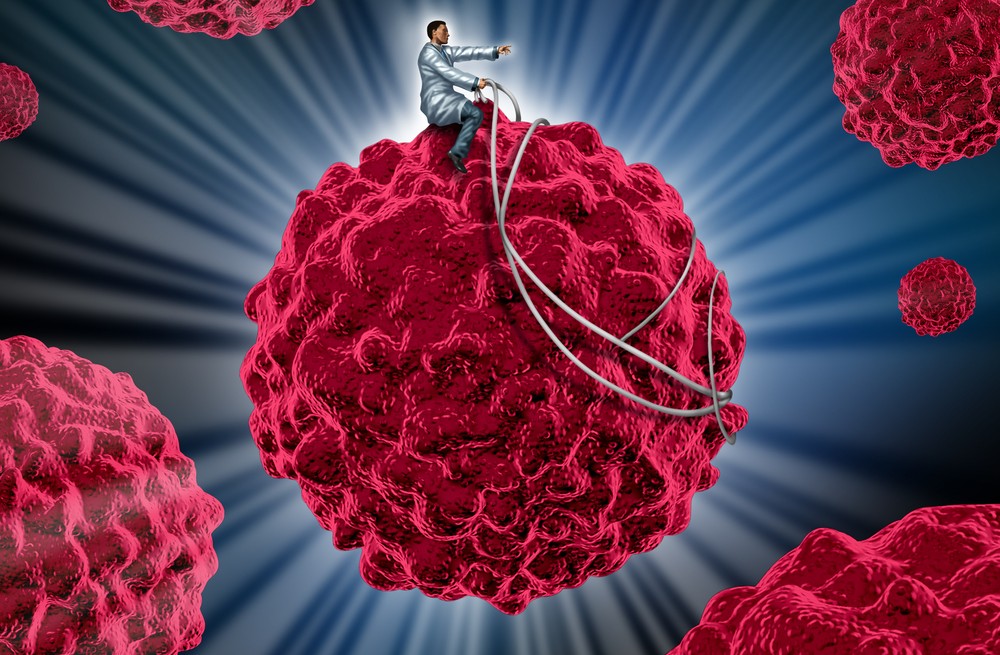Teva Pharmaceutical Industries and the UK’s Cancer Research Technology (CRT) have signed a multi-project alliance agreement to research and develop first-in-class cancer drugs that modulate DNA damage and repair response (DDR) processes in cancer cells.
DDR plays a key role in protecting cancer cells from the damaging effect of chemotherapy – creating an in-built antidote to the toxic effects of the anti-tumor drug. As the cancer cells that are best able to repair the DNA damage caused by the cancer treatments survive, they replicate, naturally selecting for the mutation with the enhanced repair capability – leading to recurrence and resistance to treatment.
“For cancer patients, it is important that we maintain the momentum of progress that has been made in oncology in recent years,” said Dr. Michael Hayden, President, Teva Global R&D and Chief Scientific Officer. “Cancer Research UK, CRT, and their outstanding academic partners, are a driving force in the improved understanding of cancer and its treatment. This research collaboration will build on our understanding of how cells repair DNA damage, help us identify possible points of therapeutic intervention, and lead us onto a pathway to improve clinical outcomes for cancer patients.”
The alliance now provides Teva with the opportunity to research and develop selected and differentiated novel treatments targeting DDR processes.
“Cancer Research UK scientists are carrying out exciting research in the area of DNA damage repair. Some cancer therapies work by targeting DNA damage response pathways in cancer cells, and finding new ways to block repair in tumours can boost the effectiveness of existing therapies. This exciting alliance with Teva brings together the cutting-edge research funded by Cancer Research UK, CRT’s expertise in progressing new drug targets and Teva’s drug research and development capabilities in a compelling partnership,” said Dr Hamish Ryder, director of drug discovery at CRT’s Discovery Laboratories.
Harpal Kumar, Cancer Research UK’s chief executive, said: “This innovative alliance provides a vital new route to turn our research excellence into new drugs to treat cancer patients, hopefully saving more lives, more quickly.”
Fighting for Israel's truth
We cover what makes life in Israel so special — it's people. A non-profit organization, ISRAEL21c's team of journalists are committed to telling stories that humanize Israelis and show their positive impact on our world. You can bring these stories to life by making a donation of $6/month.





